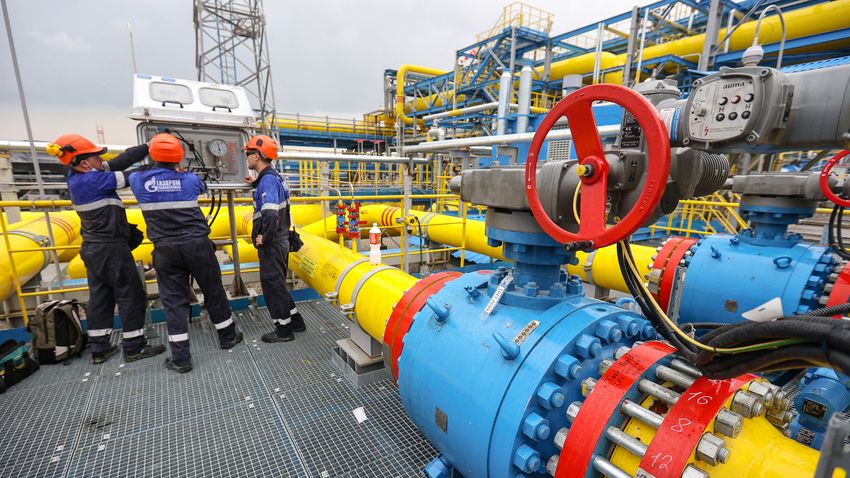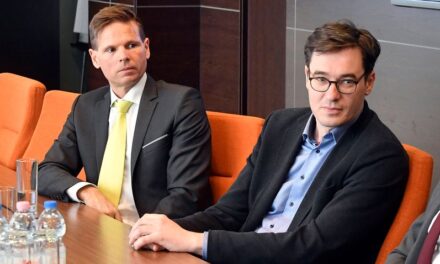German industry is fundamentally threatened by rising energy prices, the government must therefore immediately take further burden-reducing measures, otherwise bankruptcies and socio-economic disturbances will follow - emphasized the president of the Confederation of German Industry (BDI) based on a survey presented by the interest group on Wednesday, according to which medium-sized companies a significant part of them has already curtailed or even stopped production and is considering continuing their activities abroad.
According to a survey conducted by the BDI (Bundesverband der Deutschen Industrie) - one of the largest German economic interest groups - with the participation of around 600 companies, 58 percent of medium-sized companies in the manufacturing industry consider the rising prices of energy and raw materials to be a strong threat, and 34 percent an existential threat to their survival.
Due to the rapid increase in costs, 42 percent of businesses are forced to postpone their investments related to climate protection. According to experts, this is particularly worrisome, considering that according to the data of one of the leading economic research institutes, the Cologne IW (Institut der deutschen Wirtschaft Köln), the coronavirus pandemic and Russia's war against Ukraine have so far set back the investments of German companies by 70 billion euros, wrote the The business paper Handelsblatt in its compilation of the BDI survey.
According to the survey of the interest representatives of industrial companies, which together with related services provide roughly one third of Germany's gross domestic product (GDP), almost 10 percent of the sector's medium-sized companies can only protect themselves against rising prices by curtailing or completely suspending production. Roughly 25 percent of them are considering moving their production capacities abroad.
The players in the so-called energy-intensive sectors - those that use an exceptionally large amount of energy to produce their products - are in the greatest trouble. In this regard, Handelsblatt pointed out that approximately 15 megawatt-hours (MWh) of electricity are needed to produce one ton of aluminum, which translates to an electricity cost of €9,000 per ton at the August price of €600 per MWh. However, on the world market, roughly 2,400 euros are paid for one ton of aluminum, which means that German companies make a loss of 6,600 euros per ton.
According to the WVM metal industry interest group (Wirtschaftsvereinigung Metalle), the government should provide immediate financial aid to companies producing in energy-intensive sectors. Due to the lack of quick assistance with as little bureaucracy as possible, "irreversible damage" may occur to the structure of German industry - Handelsblatt explained the position of the WVM, according to which the price level of the so-called industrial electricity should be adjusted to the average of the last ten years with the support of the government. This is 41.74 euros per MWh, barely one tenth of the August price.
The head of the BDI, Siegfried Russwurm, also urges quick measures, and in his statement attached to the medium-sized company survey, he emphasized that the government's new – third, this time EUR 65 billion – burden reduction program does not help businesses enough.
As he wrote, the economy is suffering from "the biggest energy crisis in the history of Germany", which the government is not handling properly. Thus, for example, it is "completely unsatisfactory" that only two of the coal-fired power plants placed in reserve have restarted production, and only two of the three nuclear power plants that are still operating have had their operating hours extended, and only for a few months. A special program tailored to the situation and problems of the industry must be launched as quickly as possible, as part of which the government must, among other things, step in to finance the electricity network fees in order to moderate the price increase, urges the president of the BDI.
MTI
Photo: Pavel Lvov/Sputnik via AFP)












